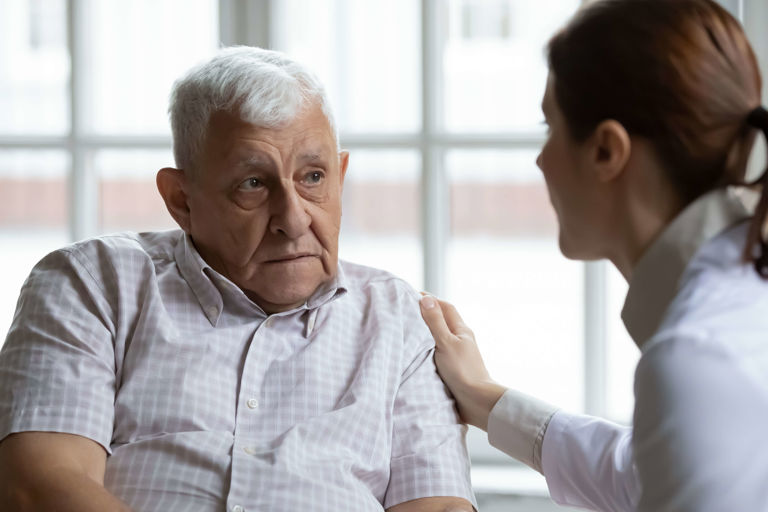We all need a helping hand sometimes and it’s okay to reach out for support. We’ve got you.
Sometimes events in life can throw us curve balls and often it happens when we least expect it. It can include things like someone getting sick or passing away, to losing a job or having a relationship breakdown. At other times, mental health issues can play a part in how we’re feeling and getting on in life too. The effects can reach into different areas of our lives and it may be challenging to manage it on our own. We’re all different and each of us has our own way of coping with life’s ups and downs. We understand that and want you to know we’re here to help in a number of different ways, depending on the support you feel you need.




